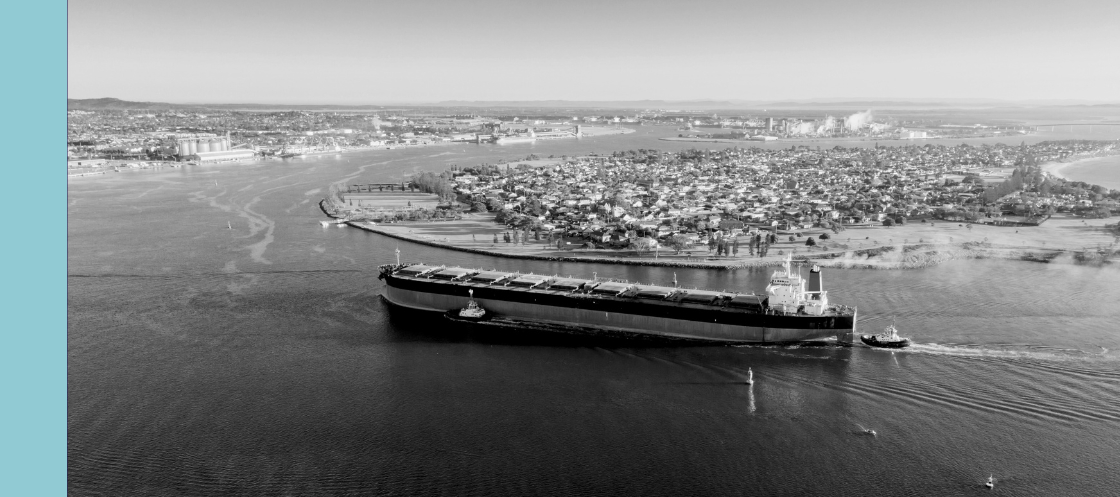Port of Newcastle achieves high GRESB Sustainability Rating, scores 100% on climate risk management
Port of Newcastle has boosted its GRESB sustainability rating to 97/100, earning a perfect score in climate risk management, while maintaining a 5-star ranking for a fourth year.

Port of Newcastle has improved its Global Real Estate Sustainability Benchmark (GRESB) score to 97 out of 100, retaining its prestigious 5-star rating for the fourth consecutive year. This achievement reflects the port’s ongoing focus on decarbonising operations, enhancing industry engagement, and fostering employee involvement.
GRESB is an internationally recognised tool that benchmarks an organisation’s ESG performance. The latest GRESB assessment awarded Port of Newcastle a perfect score (100%) in areas related to climate change, including risk identification, scenario analysis, and reporting.
CEO Craig Carmody said the results highlight the organisation’s commitment to sustainability, stating: “A GRESB score of 97 shows Port of Newcastle’s commitment to continuously improving sustainability, and I’m incredibly proud of the efforts of every member of the PON team.”
A core part of the port’s future is its diversification strategy, with its Clean Energy Precinct playing a pivotal role. The precinct will enable the port to act as a hub for the production, storage, and export of clean energy products, including hydrogen and green ammonia.
“Our Port handles over 25 different types of cargoes and trade volumes,” Carmody noted. “Exports like wheat, meals, grains, and roll-on-roll-off project cargo, including wind turbine components, have been strong this year.”
The GRESB rating places Port of Newcastle within the top 20% of globally surveyed companies, marking it as a leader in environmental, social, and governance (ESG) practices. While celebrating the recognition, Carmody highlighted areas for further improvement, particularly in climate risk governance: “It’s a great result to have achieved 100% in climate change reporting and scenario analysis, but we won’t stop striving to improve. We aim to undertake annual financial analysis relating to climate change risks and opportunities.”
The port has also strengthened its decarbonisation efforts, improved ESG reporting, and introduced new policies to enhance sustainability and governance. The organisation’s commitment extends to creating a diverse and inclusive work environment, with recent expansions in health and wellbeing programs, flexible working options, and career development initiatives.












